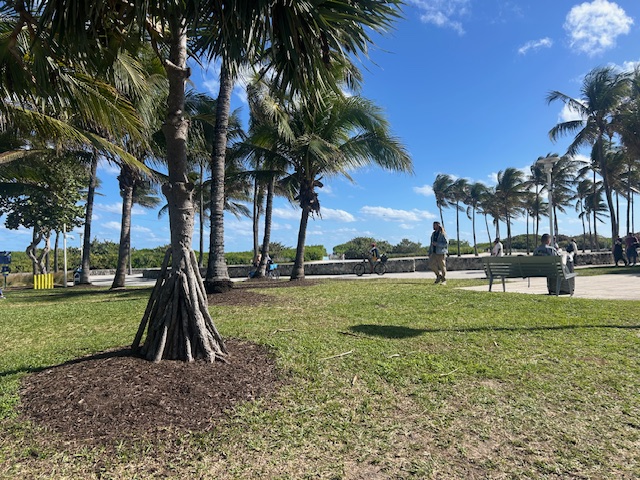
Collectivist vs. Individualist: Respecting One Another
I see myself as a curious observer to the human experience. I have always found a great deal of satisfaction simply sitting and watching as others engage in life experiences. An observation which always holds truth, is that we as humans tend towards being collectivist or individualist – although we can play in both spaces, we are more comfortable in one over the other. These two frameworks influence how we perceive ourselves, our relationships, and our responsibilities to others. While both offer valuable perspectives, navigating the tension between them requires mutual understanding and respect.
Collectivist cultures and personalities prioritize the needs, goals, and well-being of the group—whether family, community, or nations—over individual desires. These societies often emphasize interdependence, shared responsibility, and harmony within the group. In these settings, decisions are often made with the group’s benefit in mind, and one’s identity is closely tied to their relationships and social roles.
Individualist cultures and personalities, on the other hand, prioritize personal autonomy, self-expression, and individual achievement. People are encouraged to pursue their own goals and define their identity independently of others. Western societies, such as those in the United States and many European nations, tend to lean toward individualism. Here, success is often measured by personal accomplishments, and self-reliance is highly valued.
Both collectivism and individualism have strengths and growing edges. Collectivist cultures and personalities can foster deep connections and a strong sense of belonging but may sometimes suppress individuality or creativity. Individualist cultures and personalities celebrate personal freedom and innovation but can risk promoting isolation or a lack of communal support.
An observation I often make, regardless of the setting, is when people from these different frameworks interact, misunderstandings can arise. For instance, someone from a collectivist culture might view a highly individualistic person as selfish or disconnected. Conversely, an individualist might see a collectivist as overly dependent or lacking initiative. These judgments are often rooted in cultural biases rather than an understanding of the values at play.
So, how can we bridge this gap? Here are some ways to foster mutual respect and understanding, regardless of the situation:
- Acknowledge Your Biases: Recognize that your cultural lens shapes how you see the world. Be open to the idea that other perspectives are equally valid.
- Seek to Understand: Take the time to learn about other cultural and personality-based frameworks. Ask questions with genuine curiosity rather than judgment.
- Appreciate the Strengths: Instead of focusing on perceived shortcomings, look for the strengths in both collectivist and individualist mindsets. For example, admire the sense of duty in collectivism and the courage in individuality.
- Adapt Communication: Respectful interaction requires adapting your communication style. For instance, an individualist might practice active listening and emphasize shared goals, while a collectivist might be more direct in expressing personal needs when necessary.
- Focus on Common Ground: Regardless of cultural differences, we all share a desire for connection, purpose, and respect. Highlight these universal values to build bridges.
The world is increasingly interconnected, bringing people from diverse cultural backgrounds into contact like never before. This offers an incredible opportunity to learn from one another and to create societies that balance individual freedom with collective well-being. By respecting and understanding the differences between collectivist and individualist mindsets, we can work toward a more harmonious and compassionate global community.
In the end, it’s not about choosing one perspective over the other – This is not a competition! Instead, it’s about recognizing the value of both and finding ways to honor and integrate them in our lives and relationships.
Blessings on this journey –
Related Posts
The Gift of Giving
#GivingTuesday Reflection The season of Advent is here—a time when we light...
Ablation of the Soul: Creating Peace
Before worship began this morning, I found myself looking around the sanctuary...
Lessons From Landscapes
A month or so ago, my spring travels found me in Pittsburgh, PA. I was...
The Not-So Obvious Purpose of Pilgrimage
In 2014, I had the privilege to visit the Holy Land, a dream for so many people...






